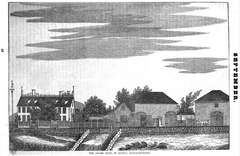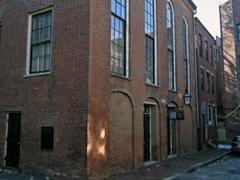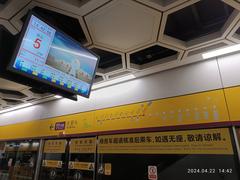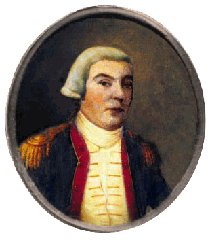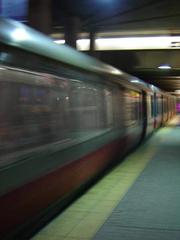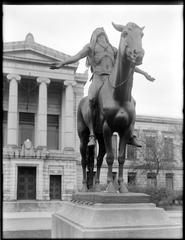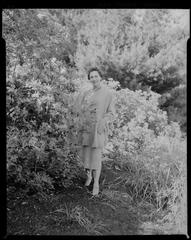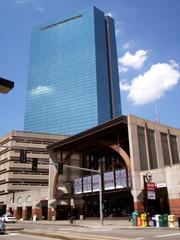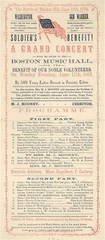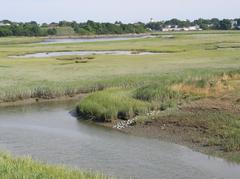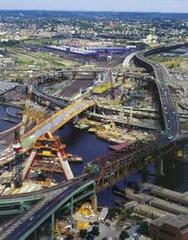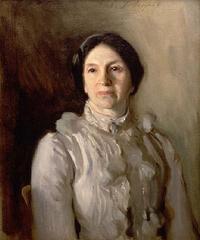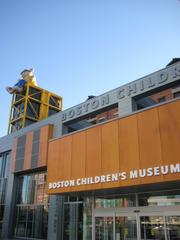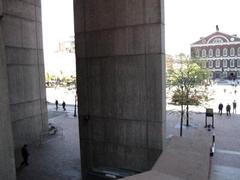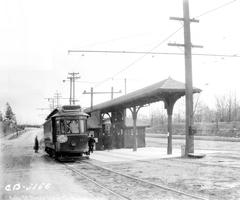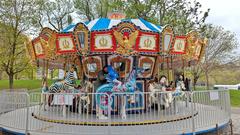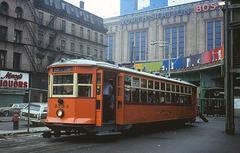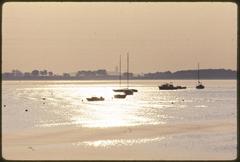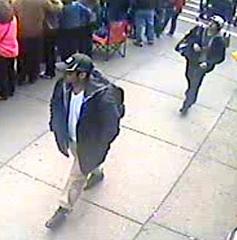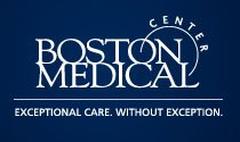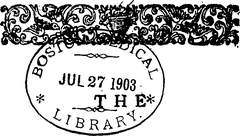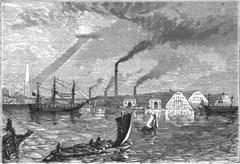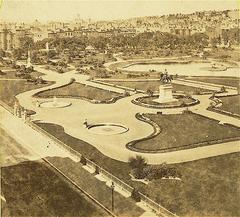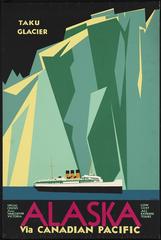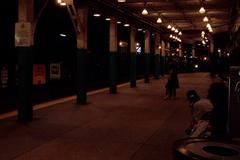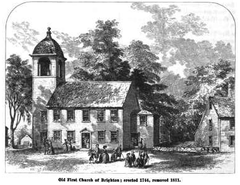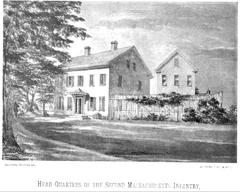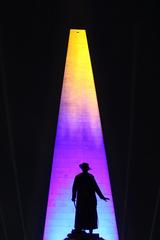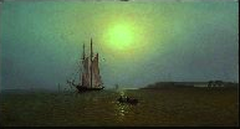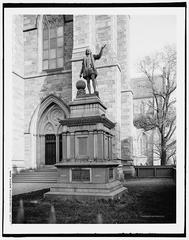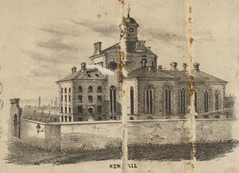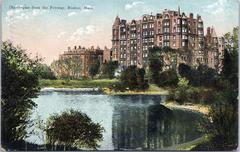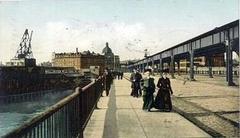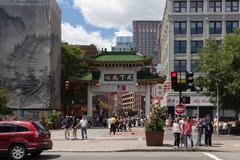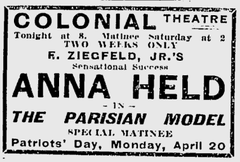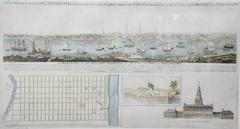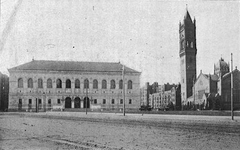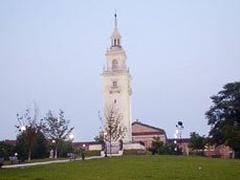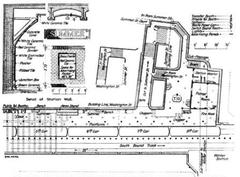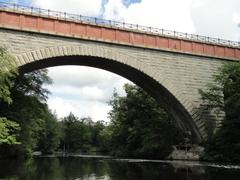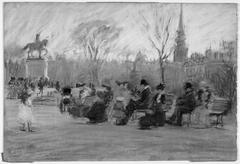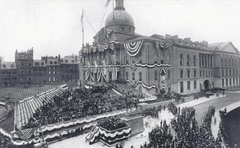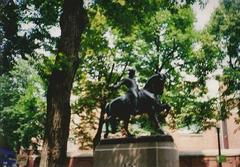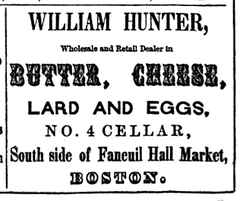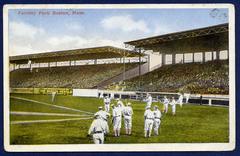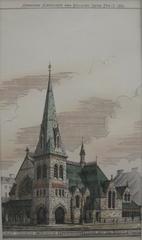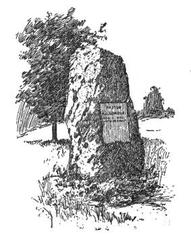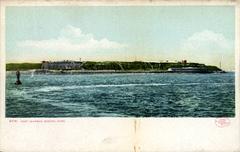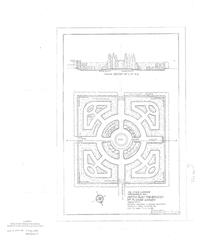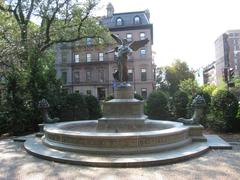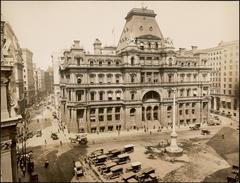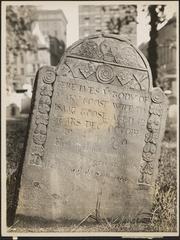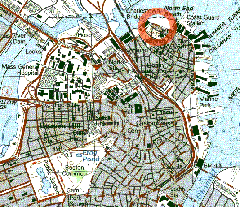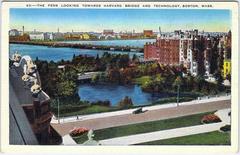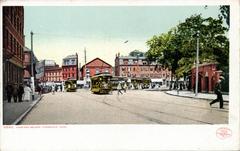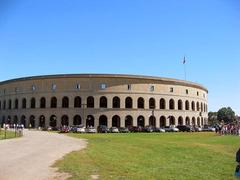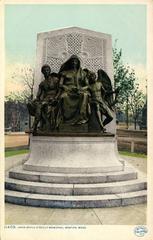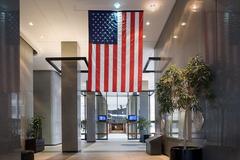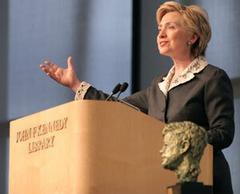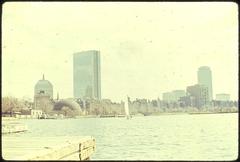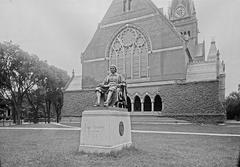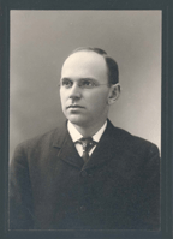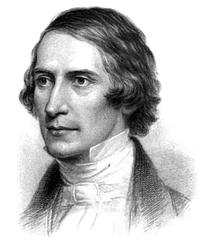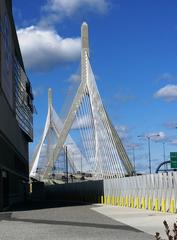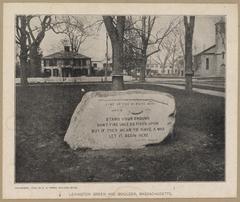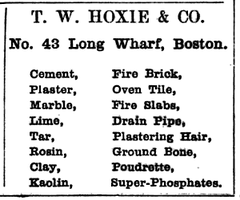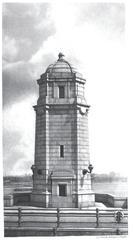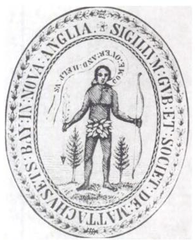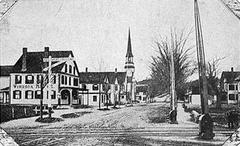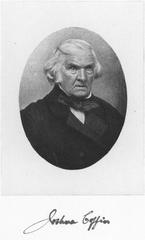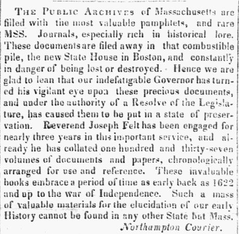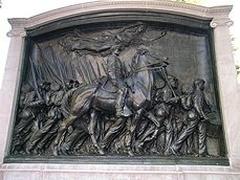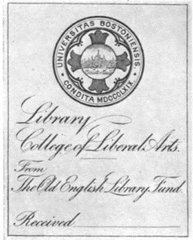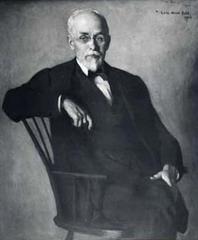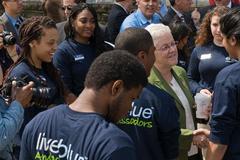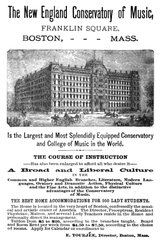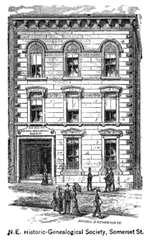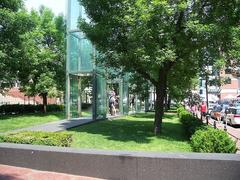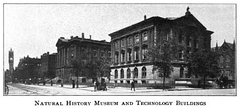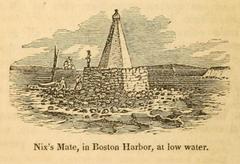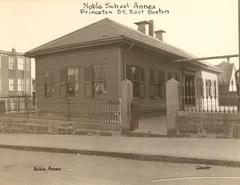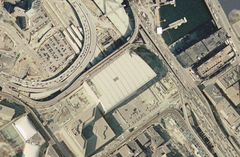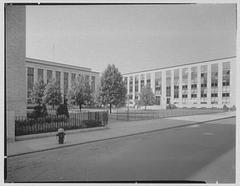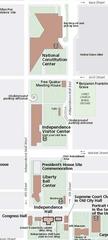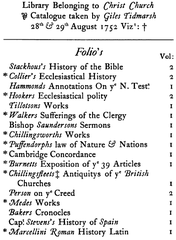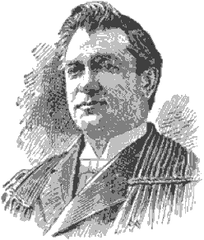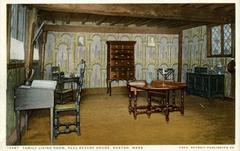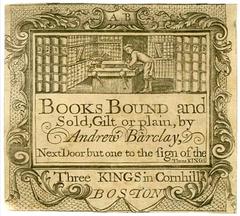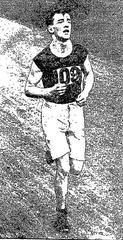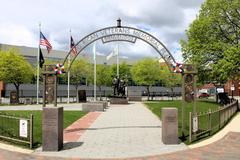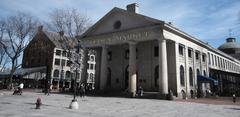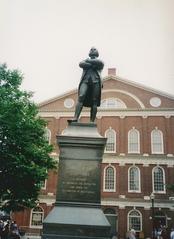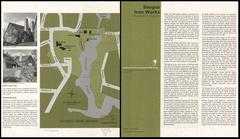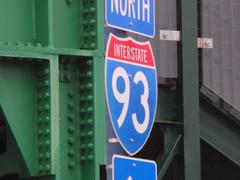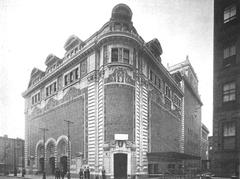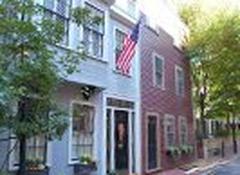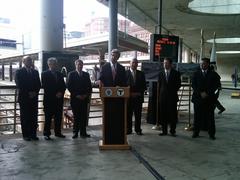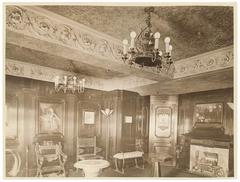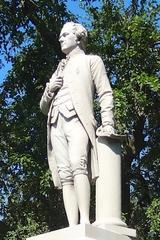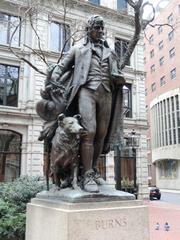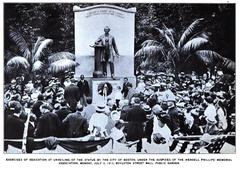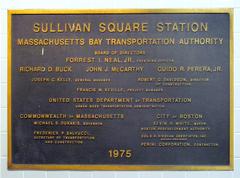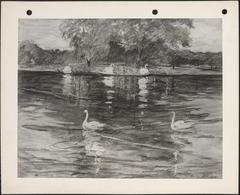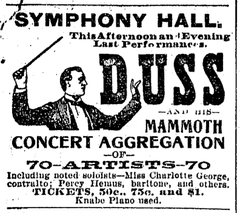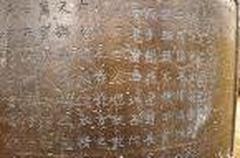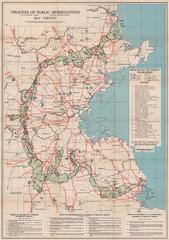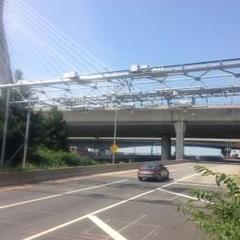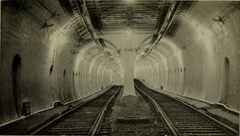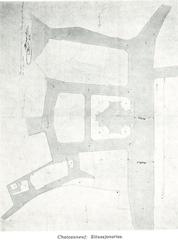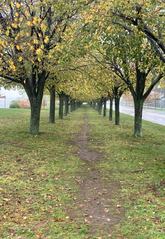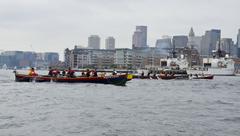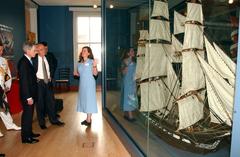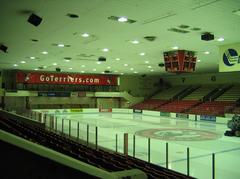
Visiting the Statue of Christopher Columbus in Boston: Guide, Tickets, Hours, and Tips
Date: 04/07/2025
Introduction
The Christopher Columbus statues in Boston serve as touchstones within the city’s unfolding narrative on heritage, identity, and public memory. Originally erected to honor Italian-American contributions, these monuments—located at both the North End’s Christopher Columbus Waterfront Park and Beacon Hill’s Louisburg Square—reflect Boston’s layered history, its diverse communities, and the evolving conversations about which figures are celebrated in public spaces. This guide provides a comprehensive overview of the statues’ origins, cultural significance, controversies, practical visitor information, and recommendations to help you plan a meaningful visit (Boston.gov, NBC Boston, Wikipedia, Boston Art Commission).
Contents
- Introduction
- History and Origins
- Italian-American Symbolism
- Controversy and Debate
- Vandalism and Community Response
- Removal, Relocation, and Future Plans
- Visiting Christopher Columbus Waterfront Park
- Louisburg Square Columbus Statue: Beacon Hill
- Practical Visitor Information
- Accessibility
- Nearby Attractions
- Frequently Asked Questions (FAQ)
- Responsible Tourism and Recommendations
- Conclusion
- Key Sources
History and Origins
North End Waterfront Park Statue
The Christopher Columbus statue was installed in 1979 in Boston’s historic North End, then a predominantly Italian-American neighborhood. The park, opened in 1976 for the Bicentennial, was revitalized as a public waterfront space. Spearheaded by activist Arthur Stivaletta and supported by Italian-American groups like the Knights of Columbus, the statue was sourced from Carrara marble and shipped from Italy. Its pedestal featured the names of donors and prominent Italian-American families, and the park was officially renamed Christopher Columbus Waterfront Park in conjunction with the unveiling (NPS.gov, Wikipedia).
Louisburg Square Statue
A second, older statue of Columbus stands in Louisburg Square, Beacon Hill. Donated in 1849 by Greek merchant Joseph Iasigi and carved in Leghorn, Italy, it is among Boston’s first public monuments dedicated to an explorer. Though artistically modest, it reflects the 19th-century tradition of commemorating exploration and European heritage (Wikipedia, Boston Art Commission).
Italian-American Symbolism
For Boston’s Italian-American community, Columbus symbolized both ancestral pride and the struggle for acceptance. In a city where Italian immigrants once faced discrimination, erecting a statue of the Genoese explorer offered a public affirmation of their place in American society. Columbus Day celebrations and community events centered around the North End statue, anchoring it as a focal point of neighborhood identity (WGBH).
Controversy and Debate
While a source of pride for many, the Columbus statue became increasingly contested as awareness grew of the historical consequences of colonization. Indigenous activists and allies criticized the glorification of Columbus, citing violence, exploitation, and the erasure of Native histories. The statue’s installation itself bypassed standard public art procedures, igniting debates over transparency and representation within Boston’s cultural landscape (Cultural Survival).
Vandalism and Community Response
The North End statue became a repeated site of protest and vandalism, emblematic of ongoing cultural and historical disputes.
- 2004, 2006: Defaced with red paint and decapitated (head later recovered) (Smithsonian Magazine).
- 2015: Marked with “Black Lives Matter” graffiti.
- June 2020: Beheaded again amid nationwide protests; subsequently removed by city authorities (Boston.com).
Reactions ranged from condemnation of vandalism to support for protest actions as a challenge to historical injustice (The Suffolk Journal).
Removal, Relocation, and Future Plans
Following the 2020 beheading, Boston’s mayor announced the statue would not return to the waterfront park, citing controversy and the need for a new approach to public art. The statue was repaired and relocated to the North End’s Knights of Columbus, where it is now displayed. The city is developing a new monument at the park, centered on Italian immigrant history and Indigenous recognition (Boston.gov, NBC Boston).
Visiting Christopher Columbus Waterfront Park
- Location: 110 Atlantic Ave, Boston, MA 02110
- Hours: Open daily, dawn to dusk; free public access.
- Accessibility: Wheelchair accessible with paved paths.
- Statue Status: The Columbus statue is not currently at the park; it is at the Knights of Columbus nearby.
- Nearby sites: Paul Revere House, Old North Church, Boston Harbor, Italian restaurants.
- Tours: Numerous North End walking tours cover the park’s history and heritage.
Louisburg Square Columbus Statue: Beacon Hill
- Location: Louisburg Square, Beacon Hill (Wikipedia)
- Viewing: The square is private, but the statue is clearly visible from public sidewalks.
- Hours: Viewable anytime; daylight is best for safety and photos.
- Accessibility: Sidewalks are narrow, brick-paved, and may be uneven—wheelchair users should exercise caution.
- Transit: Closest MBTA stop is Charles/MGH (Red Line), about a 10-minute walk.
Practical Visitor Information
- Photography: Allowed from outside the fences (please respect resident privacy). Early morning and late afternoon offer best lighting.
- Parking: Limited street parking; use Boston Common Garage or public transportation.
- Amenities: No public restrooms at either statue site; closest facilities are in Boston Common or local cafes.
Accessibility
- Waterfront Park: Fully accessible with paved walkways.
- Louisburg Square: Sidewalks can be challenging for those with mobility issues; assistance may be helpful.
- Knights of Columbus (North End): Contact ahead for specific accessibility information and visiting hours.
Nearby Attractions
- North End: Historic streets, authentic Italian cuisine, festivals.
- Beacon Hill: Acorn Street (most photographed in the US), Massachusetts State House, Boston Common and Public Garden.
- Harborwalk: Scenic waterfront strolls and boat tours.
Frequently Asked Questions (FAQ)
Q: Is the North End Columbus statue on public display?
A: No, it is now at the Knights of Columbus chapter; contact them to confirm viewing hours.
Q: Are tickets required to visit either statue?
A: No tickets required. Waterfront Park and Louisburg Square can be viewed freely from public spaces.
Q: Are there guided tours?
A: Yes, multiple walking tours of the North End and Beacon Hill include these historic sites.
Q: Is either statue accessible for visitors with disabilities?
A: Waterfront Park is accessible; Louisburg Square sidewalks may require caution.
Q: Can I enter Louisburg Square?
A: No, it is private property, but the statue is visible from the perimeter.
Responsible Tourism and Recommendations
- Remain on public sidewalks and respect private properties in Beacon Hill.
- Support local businesses and restaurants in the North End and Beacon Hill.
- Take all trash with you and help preserve Boston’s historic neighborhoods.
- Use the Audiala app for self-guided audio tours and up-to-date information.
Conclusion
The Christopher Columbus statues in Boston encapsulate a deeper story about how a city negotiates its past and present. From their origins as symbols of immigrant resilience to sites of cultural debate, these monuments now invite visitors to reflect on the complexities of public memory. Whether you’re strolling through the North End, exploring Beacon Hill, or joining a guided tour, your visit provides an opportunity to engage thoughtfully with Boston’s evolving urban and cultural landscape.
Stay informed about new monuments, cultural events, and guided tours by checking official resources and using digital tools like the Audiala app. By visiting these sites with sensitivity and awareness, you contribute to a richer understanding of Boston’s diverse heritage.
Key Sources
- Christopher Columbus Statue Boston: History, Visiting Hours, and Cultural Significance, Boston.gov
- Exploring the Christopher Columbus Statue in Boston: History, Visitor Info, and Controversies, Saint Leonard’s Parish
- Visiting the Christopher Columbus Statue in Boston: History, Removal, and Current Status, NBC Boston
- Visiting the Statue of Christopher Columbus in Boston: Hours, Accessibility & Tips, Wikipedia
- Christopher Columbus Must Come Down: Cultural Survival
- Smithsonian Magazine: Columbus Statues Vandalized
- WGBH: How Christopher Columbus Came to Stand in Boston’s North End
- CBS News: Columbus Statue Removed in Cities
- Columbus Statue Restoration Faces Obstacles, North End Waterfront
- Christopher Columbus Waterfront Park, National Park Service
- Boston Art Commission: Public Art Boston



